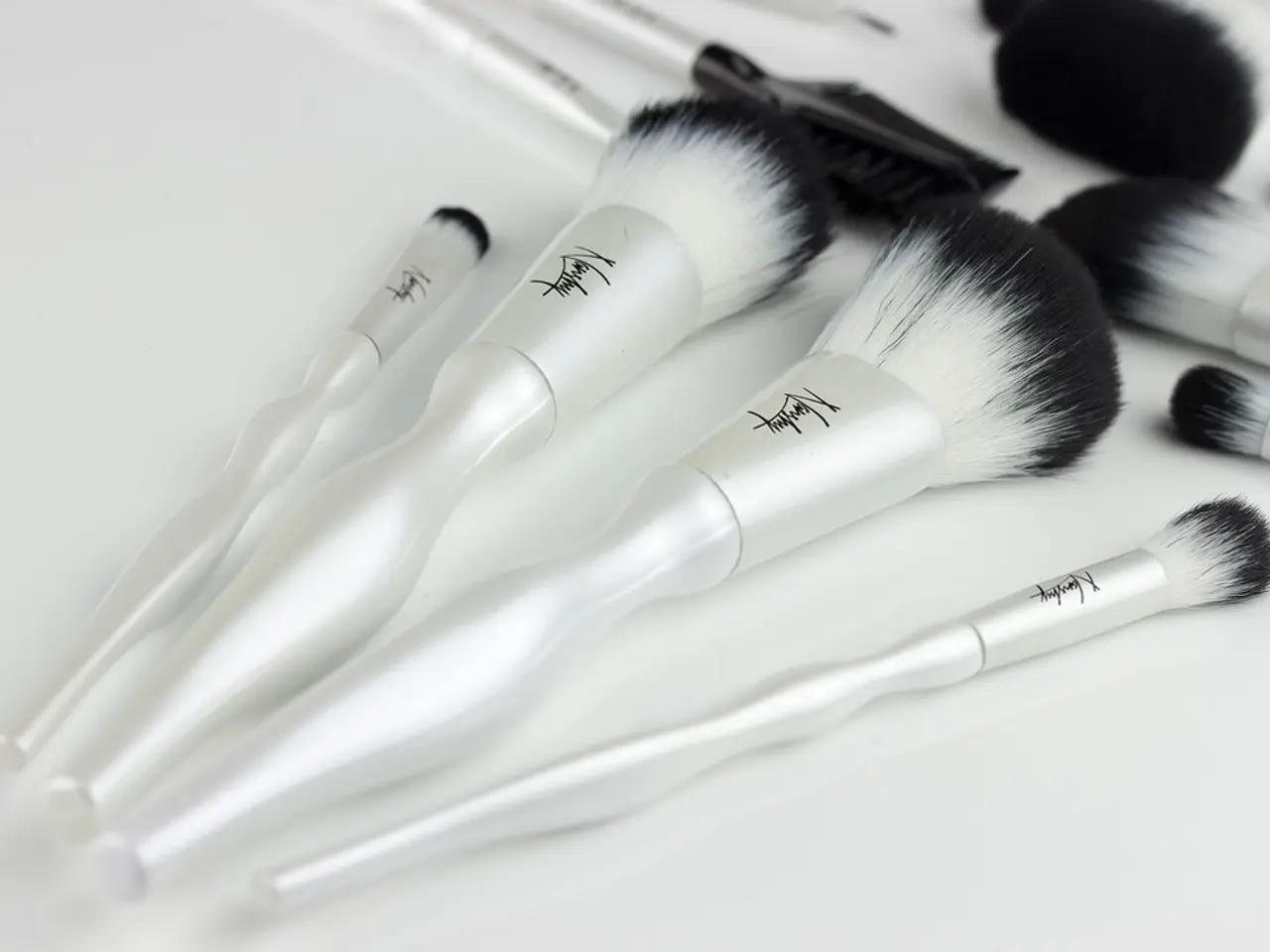Is it Safe to Use Spray Tans?
In the realm of tanning options, spray tanning has emerged as a popular alternative to traditional methods like tanning beds and sunbathing. This shift is largely due to the perceived safety of spray tanning, as it involves no exposure to skin-damaging UV or UVA radiation.
The active ingredient in spray tans and other sunless tanning products is dihydroxyacetone (DHA). DHA reacts with the proteins found in the cells that make up the outer layer of skin, creating a pigment that leads to a bronze/tan color. The FDA regulates these products primarily through oversight of DHA, which is approved for external use only. However, the FDA has not approved DHA for use internally or on mucous membranes, raising safety concerns, particularly for spray tanning applications where inhalation or mucous membrane exposure can occur.
Commercial spray tan booths are not explicitly regulated by the FDA, but the spray products used within them must comply with cosmetic safety regulations. The risk arises if consumers inhale the spray or if it contacts mucous membranes, both scenarios outside current FDA approval and considered potentially unsafe.
It's important to note that other tanning-related products, such as tanning injections or pills, are not FDA-approved and are illegal to sell for tanning purposes in the U.S. due to a lack of safety data and regulation.
The FDA emphasizes consumer awareness of inhalation risks and mucous membrane exposure during spray tanning. They recommend asking about eye, lip, and mucous membrane protection before a spray tan, and protection against inhalation or ingestion.
Spray tans are temporary because DHA only affects the topmost skin layer, which sheds and exfoliates weekly. A spray tan lasts about 5 to 10 days.
Despite the perceived safety of spray tanning, it's essential to remember that tanning, whether in a bed or in the sun, exposes skin to UV radiation, leading to signs of premature aging like wrinkles, dark spots, and sagging skin. The risk of developing skin cancer, including melanoma, is significantly increased with the use of tanning beds due to exposure to UVA radiation.
It is always good to be safe, especially if you're pregnant. Pregnant women might want to consider avoiding spray tanning as a precautionary measure.
The FDA's regulatory approach reflects its concern for potential systemic exposure through inhalation and limits its approval to topical application only, prioritizing consumer safety.
Read also:
- Overweight women undergoing IVF have a 47% higher chance of conceiving naturally post-weight loss
- What temperatures may make walking your canine companion uncomfortable?
- Alcohol consumption and the connection to esophageal cancer: An exploration of links and potential hazards
- Eye treatments for Drusen: Insights and expansions






